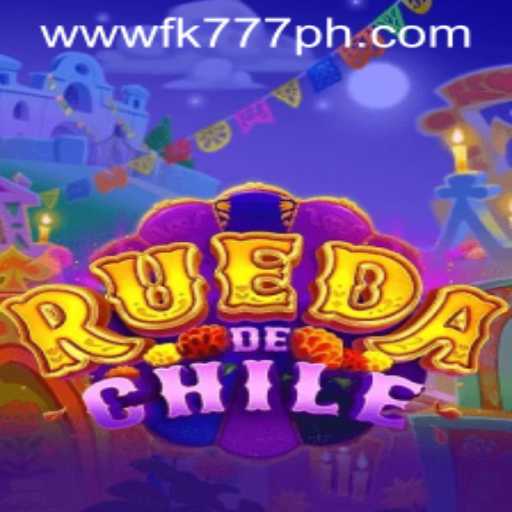RuedaDeChile: A Cultural and Gaming Phenomenon
Introduction to RuedaDeChile
RuedaDeChile, an exhilarating game capturing the hearts of fans worldwide, continues to grow in popularity. Often compared to a dynamic dance, RuedaDeChile intertwines strategy, skill, and a deep connection with its players. While initially emerging from the captivating culture of Chile, it has garnered an international audience, especially with the recent release of its flagship version FK777. As it tops the charts in gaming communities, many are eager to dive deep into its gameplay mechanics and cultural roots.
Understanding the Gameplay
The core essence of RuedaDeChile is its vibrant circular formation which offers a unique gaming experience. Players form a wheel or 'rueda' as they challenge opponents or collaborate for a common goal. The diversity of playstyles is what makes RuedaDeChile intriguing. From quick, strategic decisions to more elaborate, cooperative maneuvers, players must constantly adapt. FK777 introduces several game modes, ensuring that both novices and seasoned players find a mode that suits their preferences.
The Structure of RuedaDeChile
In a typical RuedaDeChile match, players are placed in dynamic roles that evolve throughout the game. The objective is straightforward yet challenging: outmaneuver or collaborate better than the opposing players. Each match can be played in various settings, from team-based challenges to free-for-all duels. FK777 enhances the structure with interactive maps and evolving scenarios. The role assignment at the game's onset is crucial as it dictates early strategies and potential partnerships.
Key Rules of RuedaDeChile
Understanding the rules is essential for optimizing the RuedaDeChile experience. At the beginning of each match, players receive character cards with specific abilities and tasks. Knowing when to deploy abilities or save them for pivotal moments is a strategic cornerstone. A time limit adds urgency to decisions, urging players to think on their feet.
Another critical aspect is the synergy between players. FK777 emphasizes joint efforts, where players must combine their characters' strengths. Strategies often involve coordinated movements akin to synchronized activities, harnessing the collective potential of the team.
Current Trends and Developments
With the rise of digital platforms, RuedaDeChile has adapted splendidly, embracing technological advances. Recent updates allow for cross-platform interactions, enabling players from varied devices to join together seamlessly. This integration has expanded the game's reach and bolstered its community.
Community events have further enhanced its appeal. These events provide opportunities to learn from seasoned players and earn exclusive rewards. Furthermore, the introduction of FK777 tournaments has sparked lively competition, where players from around the globe showcase their strategic genius and adaptability.
RuedaDeChile's Cultural Impact
While it thrives in the gaming world, RuedaDeChile also presents an intriguing exploration of cultural heritage. By playing the game, participants often gain insights into Chilean traditions and folklore. Character designs and game settings are heavily influenced by Chile's rich cultural tapestry, making each match a vivid tapestry of historical narratives.
As players navigate through the game, they encounter legends and motifs representative of Chilean society. This intertwining of entertainment and education underscores the cultural significance of RuedaDeChile, making it more than just a game—it becomes a portal into a vibrant cultural world.
The Popularity of FK777
The FK777 version of RuedaDeChile has captivated audiences due to its innovative gameplay mechanics and enhanced features. Players appreciate the meticulous attention to detail in graphics and character development. Enhanced soundtracks add to the immersive experience, providing an auditory journey through Chilean soundscapes. The FK777 emblem has become synonymous with competitive and casual play, creating a cohesive identity for the community.








